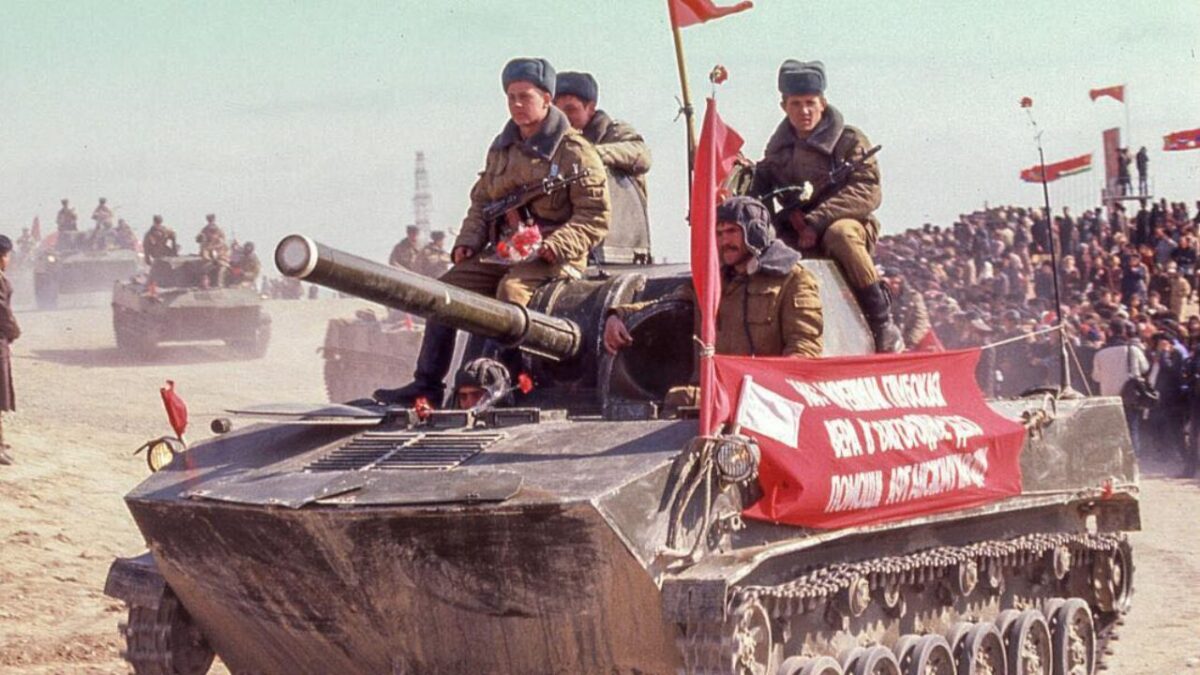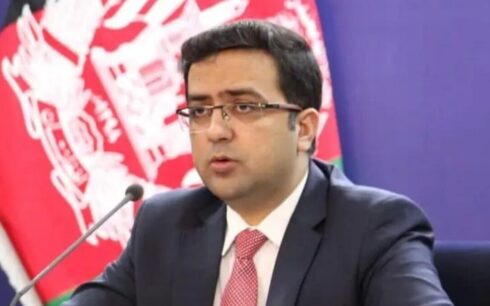Thursday marks the 45th anniversary of the Soviet Union’s invasion of Afghanistan. Taliban observed the day with a ceremony in Kabul.
On the evening of Dec. 27, 1979, Soviet forces launched a military operation in Afghanistan, an act widely referred to as the “Black Day” in Afghan history.
Taliban, in a statement released to commemorate the anniversary, condemned the Soviet occupation and praised the “jihad and sacrifices of the Afghan people” during that period.
The Jamiat-e-Islami party, led by Salahuddin Rabbani, also issued a statement, reflecting on the lessons of the past. The party stressed that “autocratic, oppressive, monopolistic, and totalitarian regimes” are inherently unsustainable and will inevitably fade into history.
“Despotism, monopoly, and authoritarianism yield no fruitful outcomes,” the statement read. “The only way out of the current legitimacy crisis is to respect public will. Nations achieve prosperity and well-being under independence, freedom, justice, the rule of law, and political systems grounded in popular will.”
Legacy of a nine-year occupation
Soviet forces remained in Afghanistan for nine years, collaborating with the Soviet-backed Afghan government in a prolonged and bloody conflict. The occupation ended in 1989, leaving Afghanistan deeply scarred and politically unstable.
Today, more than 35 years after the Soviet withdrawal, Afghanistan continues to grapple with political, social, and economic instability.
Experts point to decades of autocratic rule and entrenched political structures as major obstacles to Afghanistan’s development. These systemic issues, they say, have hindered progress and deepened the country’s challenges.
As the anniversary prompts reflection on Afghanistan’s turbulent history, it also underscores the enduring struggles of a nation still seeking stability and prosperity.





